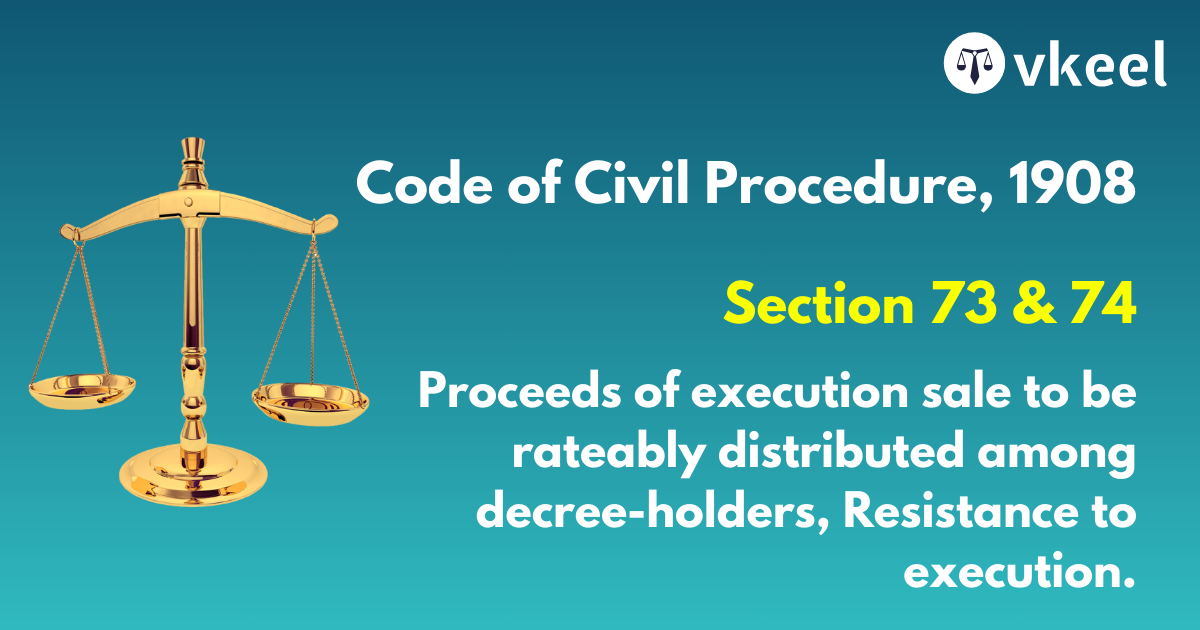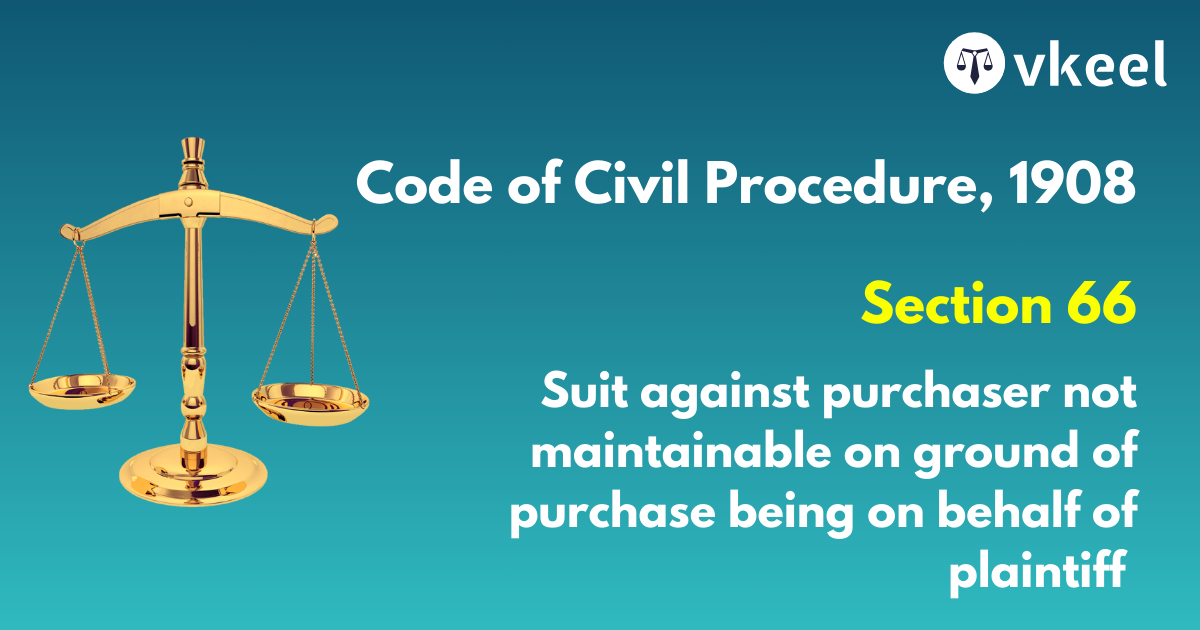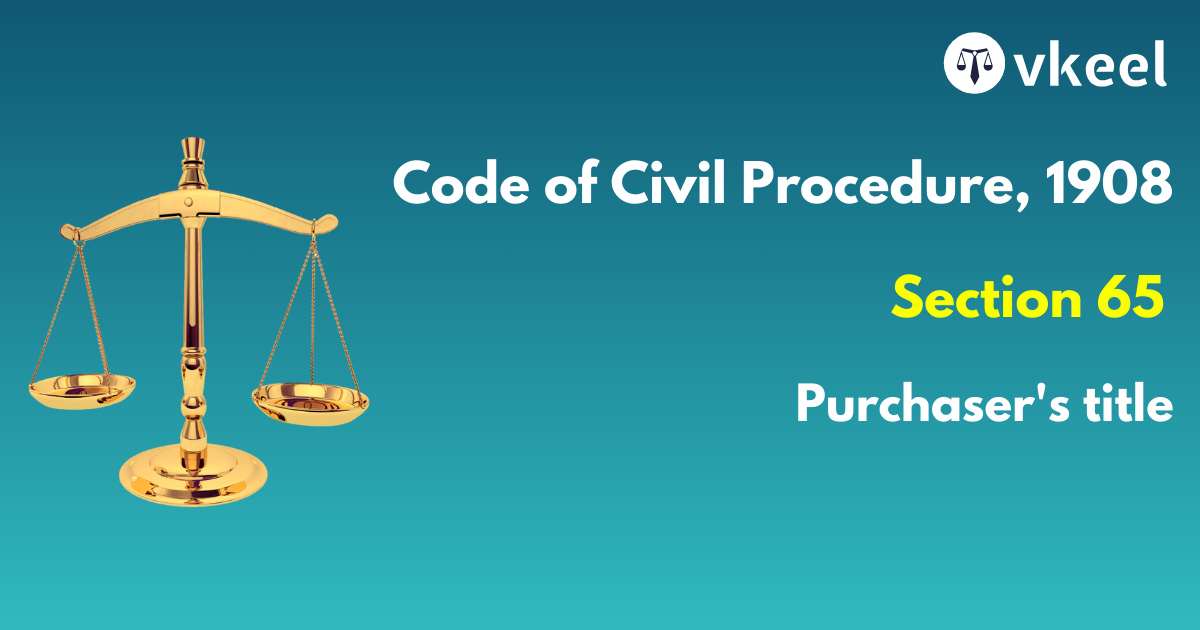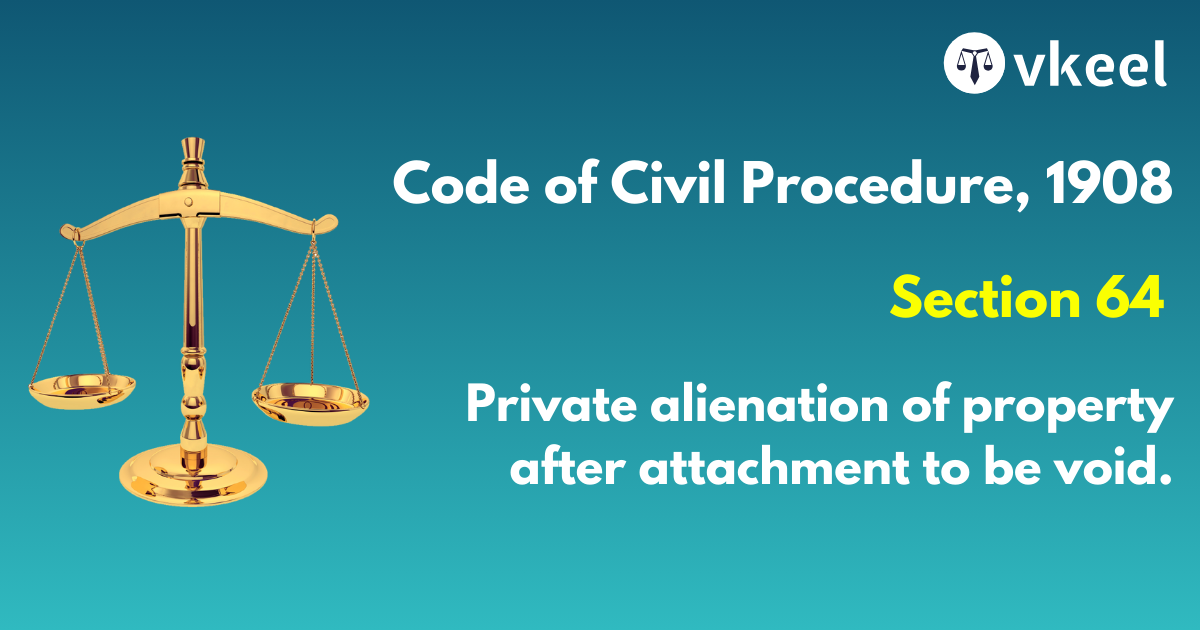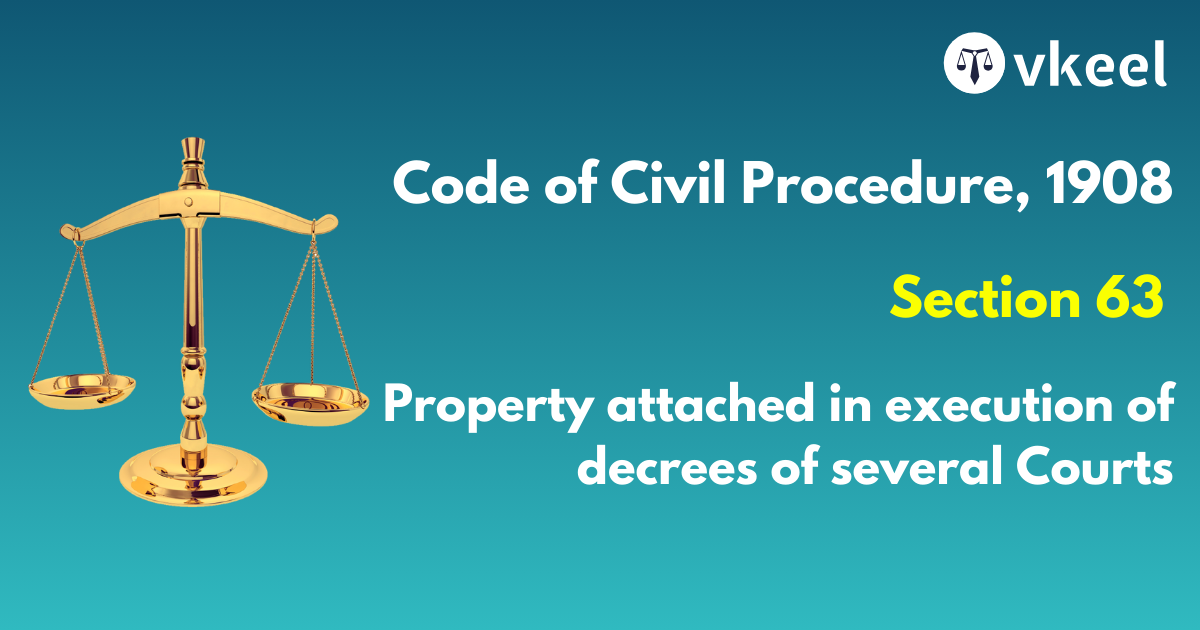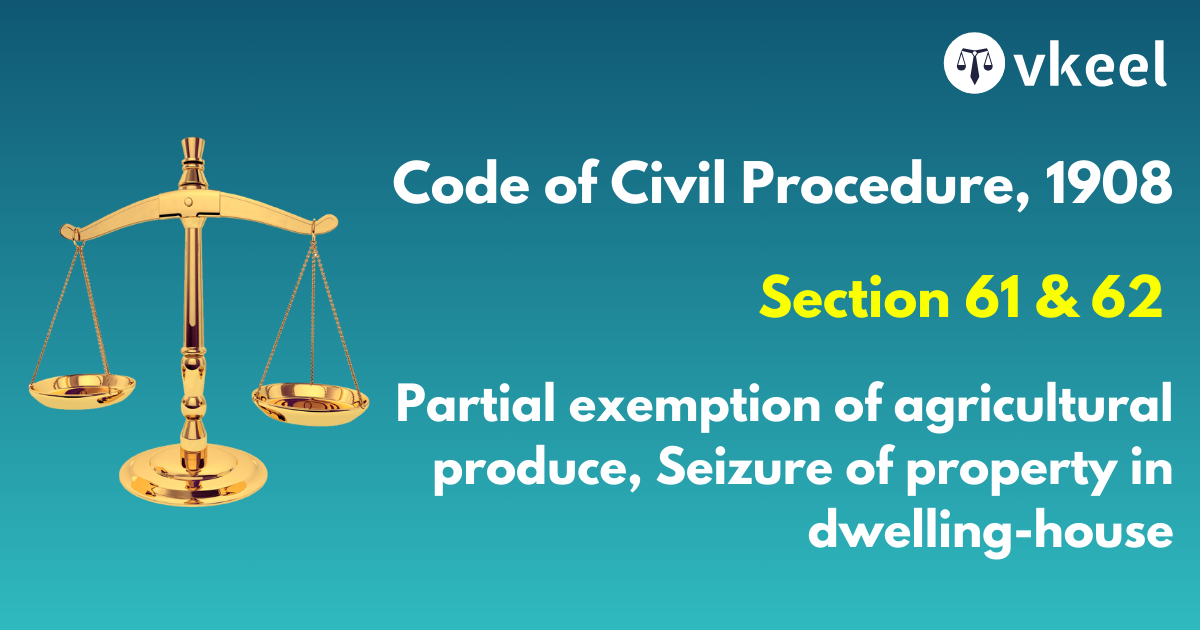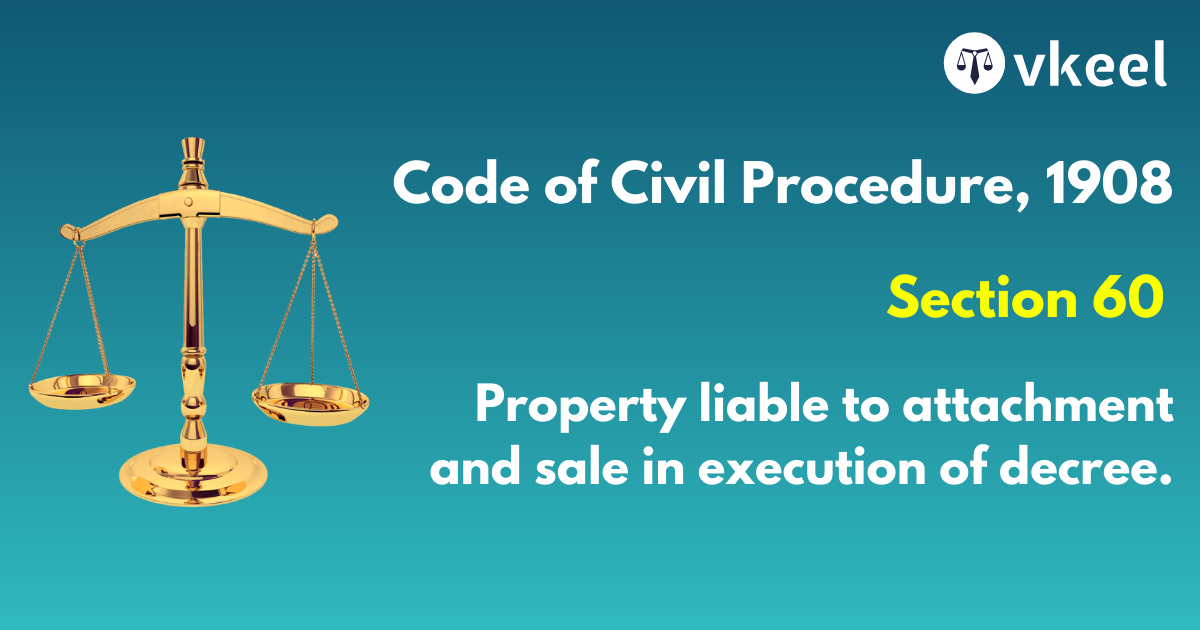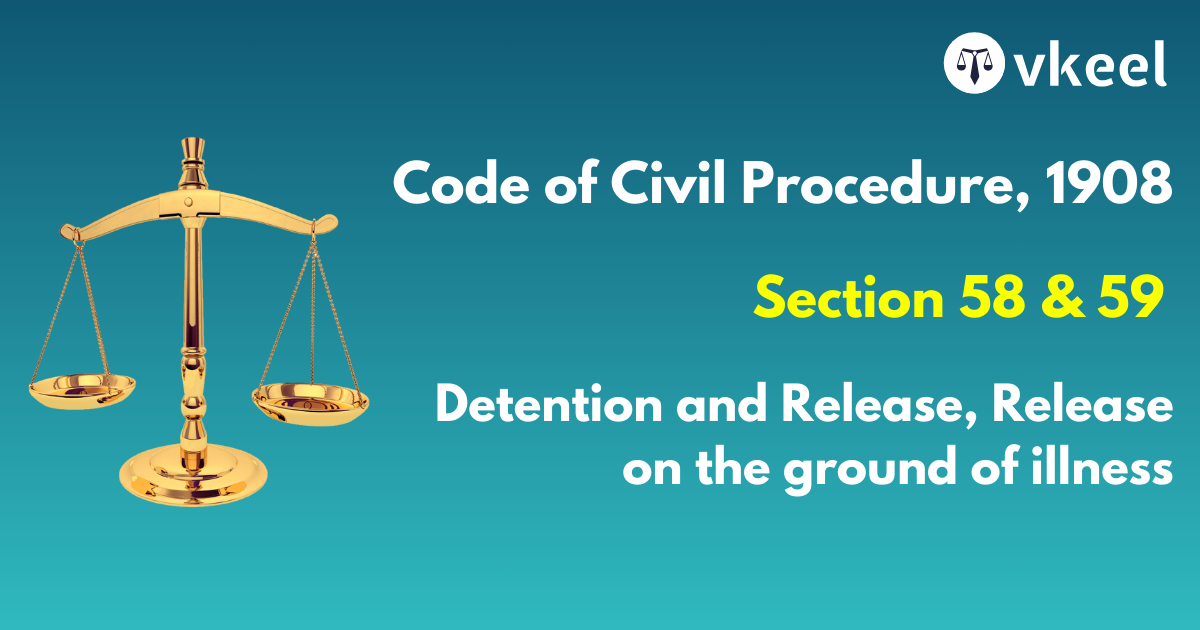Section 24 of Code of Civil Procedure,1908
By Joy Puri
Introduction
The aforesaid provision of the Code of Civil Procedure, 1908 confers the rights to the parties to withdraw, transfer and transfer their respective suits, appeals or any other proceedings at any stage based on the application of the requisite parties.
The section further narrates and enumerates that the powers of the district court and the high court of the respective state stand concurrent wherein the courts may also use the powers of the Suo Motu.
Section 24 Code of Civil Procedure, 1908
24. General power of transfer and withdrawal.—
(1) On the application of any of the parties and after notice to the parties and after hearing such of them as desired to be heard, or of its own motion without such notice, the High Court or the District Court may at any stage—
(a) transfer any suit, appeal or other proceeding pending before it for trial or disposal to any Court subordinate to it and competent to try or dispose of the same, or
(b) withdraw any suit, appeal or other proceeding pending in any Court subordinate to it, and—
(i) try or dispose of the same; or
(ii) transfer the same for trial or disposal to any Court subordinate to it and competent to try or dispose of the same; or
(iii) retransfer the same for trial or disposal to the Court from which it was withdrawn.
(2) Where any suit or proceeding has been transferred or withdrawn under sub-section (1), the Court which 1 [is thereafter to try or dispose of such suit or proceeding] may, subject to any special directions in the case of an order of transfer, either retry it or proceed from the point at which it was transferred or withdrawn.
(3) For the purposes of this section,—
(a) Courts of Additional and Assistant Judges shall be deemed to be subordinate to the District Court;
(b) “proceeding” includes a proceeding for the execution of a decree or order.]
(4) The Court trying any suit transferred or withdrawn under this section from a Court of Small Causes shall, for the purposes of such suit, be deemed to be a Court of Small Causes.
(5) A suit or proceeding may be transferred under this section from a Court which has no jurisdiction to try it.
Landmark Case Laws
Jitendra Singh v Bhanu Kumari, 2009
The purpose of section 24 CPC is merely to confer discretionary power. A Court acting under section 24 CPC may or may not in its judicial discretion transfer a particular case. Section 24 does not prescribe any ground for ordering the transfer of a case. In certain cases it may be ordered suo moru and it may be done for administrative reasons, but when an application for transfer is made by a party, the Court is required to issue notice to the other side and hear the party before directing transfer.
Brijesh Kumar Gupta v Poonam Gupta, 2002
Where two suits have been field in rwo different Courts subordinate to two different High Courts, transfer of case would be governed by section 25, and not by section 22 or section 23.
Nandini Chatterjee v Arup Hari Chatterjee, 2001
The basic principle governing the granting of a petition under section 24 of the CPC is that the petition is not to be dealt with in a light-hearted manner and transfer of a case from one Court to another should not be granted readily for any fancied notion of the petitioning litigant because of the reason that such transfer of a case from one Judge to another in effect casts doubt on the integrity, competence and reputation of the concerned Judge. Unless and uniti a sufficiently cogent ground is disclosed transfer should not be allowed as a matter of course. Court from which the case is sought to be transferred must be shown to have disclosed ately unfair attitude or biased frame of mind against the petitioner and the petitioner ave some reasonable ground for apprehending that he or she may not get justice from residing Officer if the trial of the case is.
Manchukonda Venkata Jagannadham v Chetripalli Bullamma, 2011
The words ‘Additional Judge contained in section 24(3)(a) CPC cannot be construed as ‘Additional District Judge. Application under section 24, CPC can be filed before the High Court and not before the District Court for transferring a suit pending in an Additional District Court to another Additional District Court, as a Principal District Judge working in a District Court has no jurisdiction to entertain such a transfer petition under section 24, CPC.
Conclusion
Section 24 of the Code of Civil Procedure, 1908, blesses the High Court or District Court to move cases from one court to another or take over a case themselves. The aforesaid scenario may take place if the court thinks it’s needed or if someone involved in the case asks for it.
The basic reason for its existence is to make sure the trial is fair, especially if there’s a chance of bias or if it’s difficult to continue the case in its current court. The court can also set rules when moving the case to ensure no one is treated unfairly.
Disclaimer:
The information provided in the article is for general informational purposes only, and is not intended to constitute legal advice or to be relied upon as a substitute for legal advice. Furthermore, any information contained in the article is not guaranteed to be current, complete or accurate. If you require legal advice or representation, you should contact an attorney or law firm directly. We are not responsible for any damages resulting from any reliance on the content of this website.



